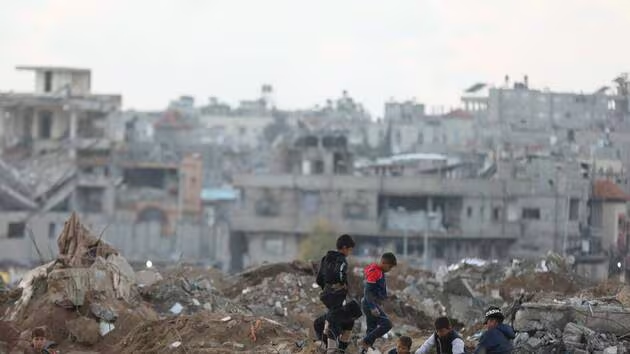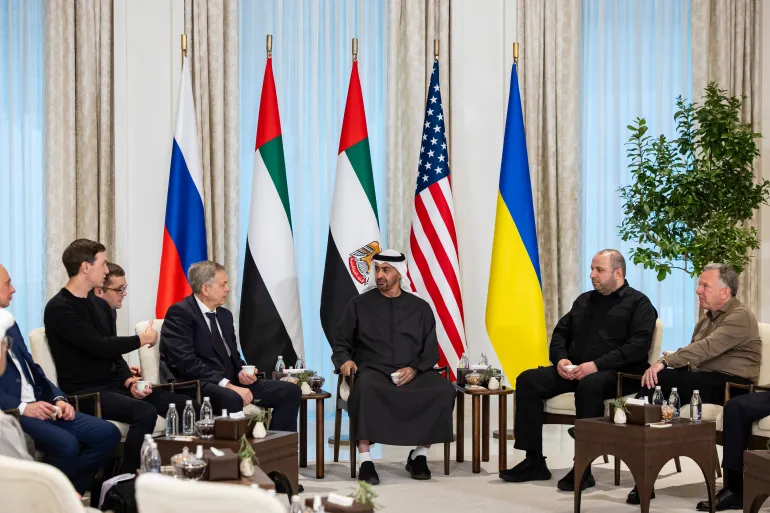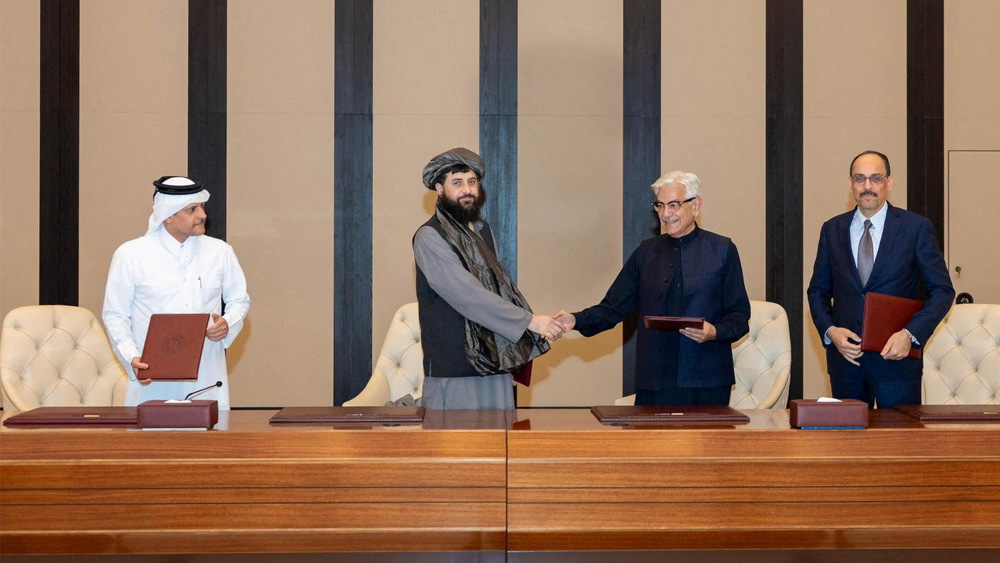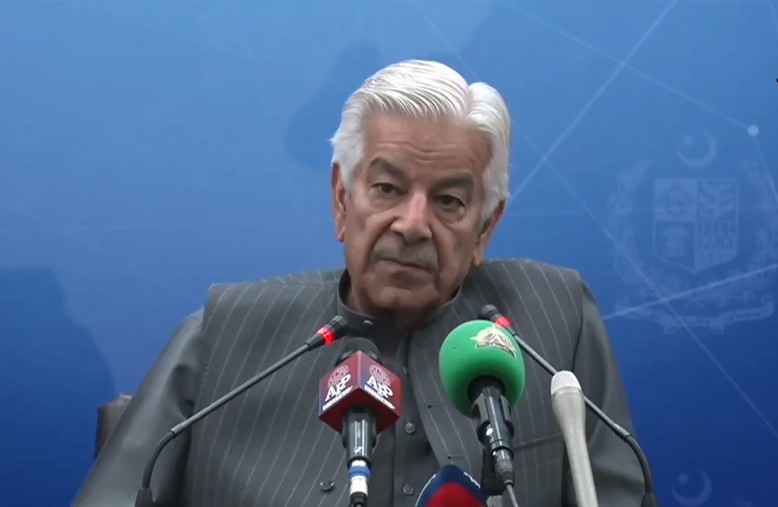ISLAMABAD: Pakistan will carry out military strikes inside Afghanistan to target militant hideouts if ongoing talks in Istanbul fail to produce written guarantees preventing cross‑border attacks, Defense Minister Khawaja Asif told Pakistan TV Digital in a wide‑ranging interview on Thursday.
“If we do not receive any arrangement or any agreement or any assurance from the other side that there’ll be no incursions into our territory sponsored by Kabul, then obviously the only option we are left with is that we’ll cross into their territory and bomb the hideouts of [the Tehreek‑e‑Taliban Pakistan],” the minister said.
Asif said four days of negotiations in Istanbul ended without a conclusion because the Afghan delegation offered only “verbal guarantees but refused to commit in writing.” He described the Afghan stance as “stubbornness” and said Pakistan could not accept assurances that were not formalized.
“We did not reach anywhere on this particular demand,” he said, adding that the earlier preliminary accord reached in Doha, which took 11 hours to draft, left implementation mechanisms to be decided in later talks. Türkiye and Qatar acted as mediators in the process, and Pakistan has sought their backing and monitoring for any new arrangement.
After the Istanbul talks nearly collapsed this week, Turkish mediators persuaded the Pakistani delegation to give the process another chance.
“My optimism will be very, very guarded,” he said. “I won’t pin unnecessary hopes on what is going on in Istanbul.”
Kabul sheltering TTP
Reiterating Islamabad’s long-standing concern, Asif says the TTP is “based mainly in Afghanistan” and receives support from elements within the Kabul regime. “They deny it publicly, but admit it privately,” he said.
Pakistan, he added, has repeatedly reported attacks on soldiers and checkposts that it says originate from Afghan soil.
‘We will not be threatened’
Responding to reports in Taliban‑linked and Afghan media of possible attacks on Islamabad, the defense minister said he would “not speculate” but made clear Pakistan would not be intimidated. “We don’t budge or get pressurized by their threats. We are ready to face anything,” he said.
“They’ll pay a very heavy price for anything they are doing now or they intend to do in the future.”
Trade and smuggling concerns
Asif highlighted the long‑term humanitarian burden Pakistan has borne, saying the country has hosted “close to four million Afghan refugees” for the past four to five decades. He said Afghanistan has shown “absolutely no regard or respect for what Pakistan has done for Afghanistan over the decades.”
The minister also raised concerns about the misuse of transit‑trade facilities.
“This sort of facility is being misused for decades by Afghans and perhaps in collusion with some Pakistani businessmen,” he said, adding trucks and containers bound for Kabul are often offloaded on Pakistani soil and diverted into local markets.
On the economic impact of a breakdown in ties, Asif said Pakistan could “survive” without transit trade, but warned the loss would be more painful for land‑locked Afghanistan.
He reiterated his support for enhanced regional connectivity, linking Central Asia, Pakistan, Afghanistan, and Iran, saying such ties could “change the economic map of this particular region” if Afghanistan embraces intra‑regional trade.
Tri-service drills in India
Turning to wider regional tensions, Asif said Pakistan was monitoring Indian tri‑service exercises in the Sir Creek area near the Arabian Sea. While he called military drills “routine,” he warned that the current peace with India remains “very tense” and fragile.
“If there is some incursion or some provocation from the Indian side, it will be responded in kind and responded well,” he said.


.jpg)
.jpg)



